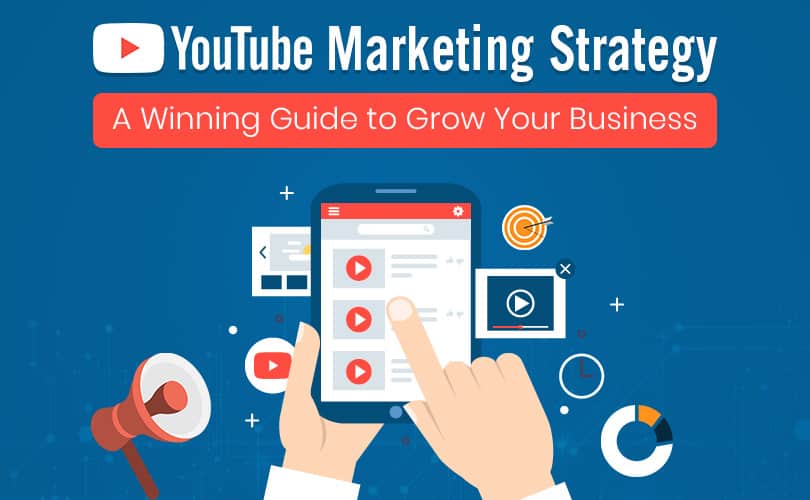The Top 3 SEO Books on SEO That Will Increase Your Chances of Success

So you’ve heard about SEO (search engine optimization) books. You may even have read some. But are any of them really useful? Well, to answer that question, we need to look at what they actually do and how they work.
What exactly are SEO books?
First, an SEO book is a comprehensive and often extensive time library of information covering all aspects of search engine optimization. This includes everything from link building to page optimization and everything in between. This is where a solid SEO book could be your lifeline towards better organic search engine rankings.
If you’re looking for the best books on SEO, you should also consider whether SEO experts write them or if they’re self-published. As far as writing skills go, experts are probably a bit more polished and have a better command of the language. Self-publishers don’t have this luxury, and so their finished product often sounds cheap and unprofessional. It’s important to read the full list of contributors and see what their reputation is like before you buy. If it’s a well-respected name, you probably want to buy the book because they know what they’re talking about, and their words are something you can trust.
So which are the best books on SEO out there?
One of the key areas is content marketing. Content marketing is an approach to SEO that focuses on providing high-quality content in a variety of formats to your target audience over the internet. The idea is to build a relationship with your audience and give them free, useful content regularly. Once you build that relationship and provide your audience with top-notch, SEO-rich content, they’ll begin to look towards you as their SEO consultant, and your blog or website will begin to receive more organic traffic.
Another option in the best books on SEO to consider is digital marketing. Digital marketing is all about distributing the right things to your target audience with the least amount of effort. One of the biggest things that people hate to do is to spend hours signing up for all these different programs. With digital marketing, you can easily sign up to email lists or social media sites without spending any money at all. Then, when you send out emails with valuable information to your subscribers, you can get them to trust you, and in turn, they’ll come back to your site or blog to buy your products and services.
There are one SEO Books on SEO that I would definitely recommend to any marketers: Adam Clarke’s Mastering Social Media for Marketers. This is an advanced course that focuses on using social media for search engine optimization purposes. It gives you an inside look at the inner workings of the Google AdWords system, how it works, and how you can use it to your advantage. I wouldn’t recommend buying this book for the sake of learning the ins and outs of AdWords. Instead, buy this book for the value that it will provide, specifically for those starting out in the world of search engine optimization and looking for a comprehensive guide that tackles search engine optimization thoroughly and completely.
The third book focuses on using organic strategy in conjunction with social media. Authors Ian Dobson and Jennifer Greene have put together an extremely in-depth guide that deals with using the power of organic search engine optimization to drive highly targeted traffic to your website and blog. The organic strategy discussed within the pages of this guide not only applies to organic listings but also to PPC, paid search results, and even social media accounts.
All of these SEO Books on SEO have proven success for those who have purchased them and applied the strategies discussed. However, not all of these books cover all the necessary topics to effectively execute an organic SEO strategy, particularly if you are just starting out. It is important to read more than one book covering the same topic, especially when tackling a new strategy or incorporating an old one into your organic campaign. These SEO books on SEO should not be seen as a replacement for your own organic research but rather seen as supplements to the wealth of knowledge already available to you on this subject.



